Static Var Compensator | Analysis, Configuration and Modelling
Static Var Compensator Static Var Compensator (SVC) a first-generation FACTS controller is taken up for…
Wheatstone Bridge | Construction, Principle, Formula and Disadvantages
Introduction The Wheatstone Bridge is a gadget invented in 1842 by scientist Wheatstone to figure…
Two Port Network | Introduction, Example, and Parameters
Introduction Two-port networks simplify complex electrical circuits. They represent components like transmission lines and transformers,…
Laplace Transform | Circuit Analysis, Use, and Applications
Introduction Circuit analysis is crucial in electrical engineering for designing circuits. The Laplace transform, created…
Compensation Theorem | Introduction, Need, and Advantages
Introduction To understand the compensation theorem let's, imagine you have a network or circuit with…
Maximum Power Transfer Theorem | Formula, Proof, and, Limitations
Introduction In both DC and AC circuits, when you have a power source (like a…
Superposition Theorem | Procedure, Limitations, and Applications
Introduction The superposition theorem states that the voltage or current in any part of a linear…
Reciprocity Theorem | Statement, Limitations, and Applications
Introduction The reciprocity theorem in electrical networks says that if you have a bunch of…
Circuit Theorem | Thevenin’s Theorem
Circuit Theorem The circuit theorem is basically defined as the arrangement of voltage source (Vs),…
Fundamentals of Electric Circuits Solutions 6th Edition PDF
Electric Circuit Fundamentals pdf You may also like Fundamentals of Electric CircuitsDownload Download Book PDF…

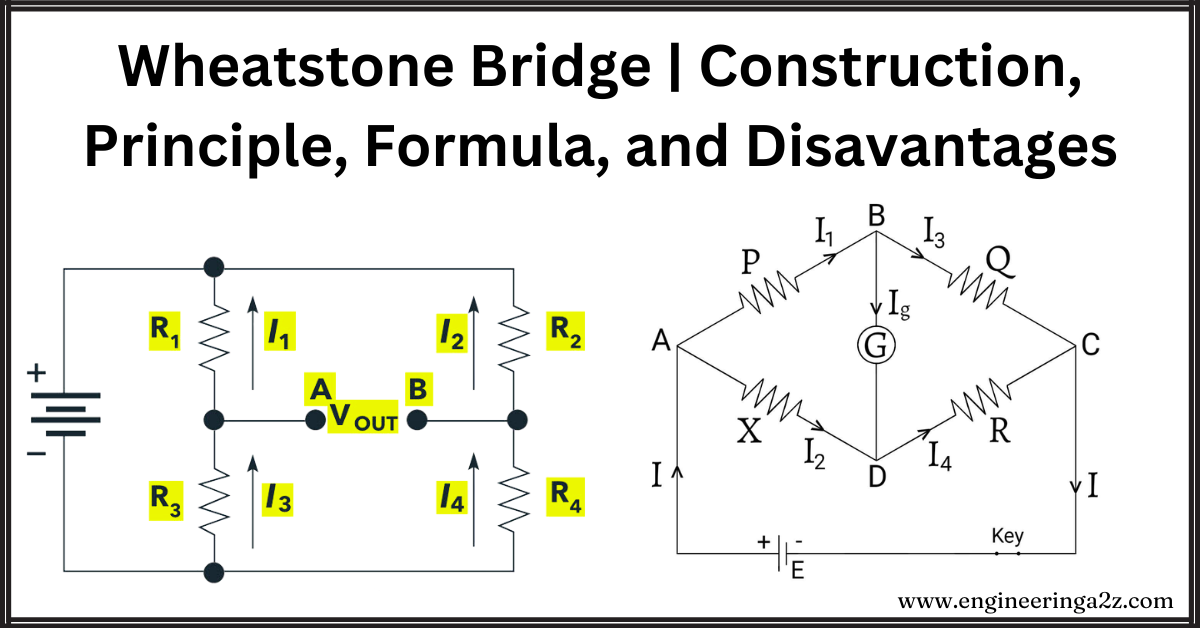
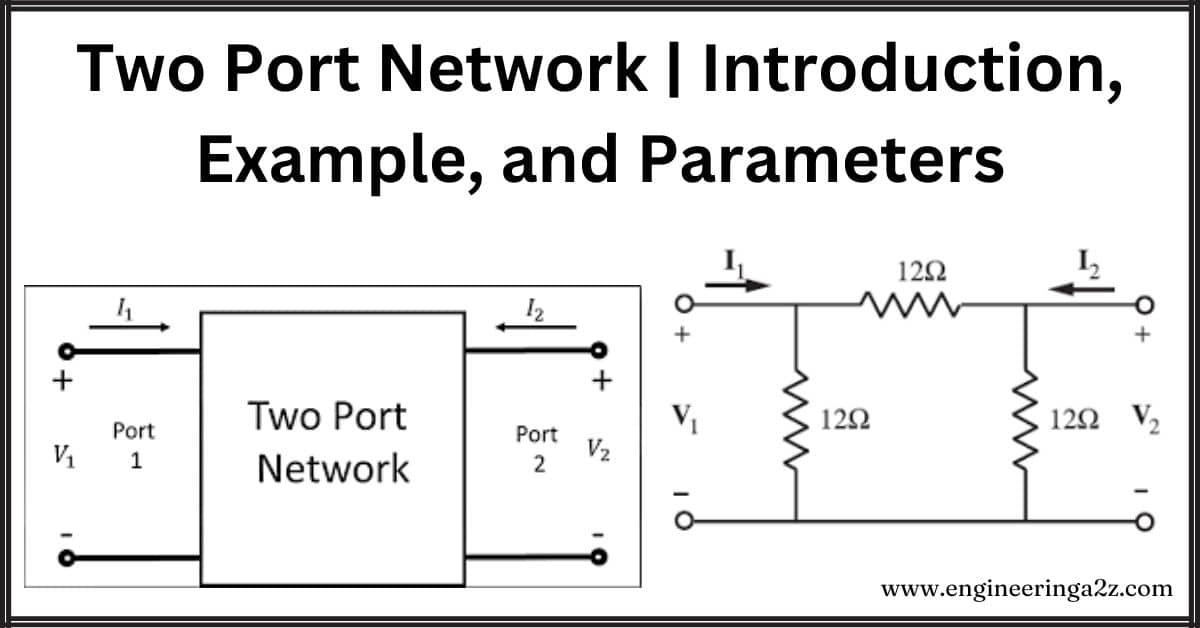
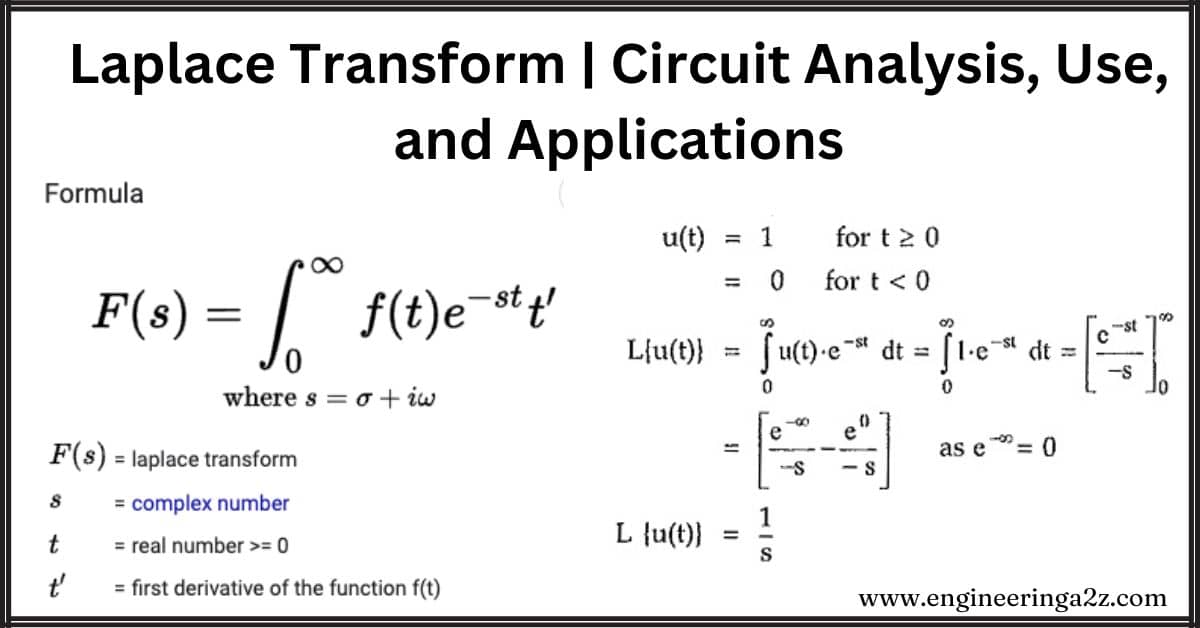
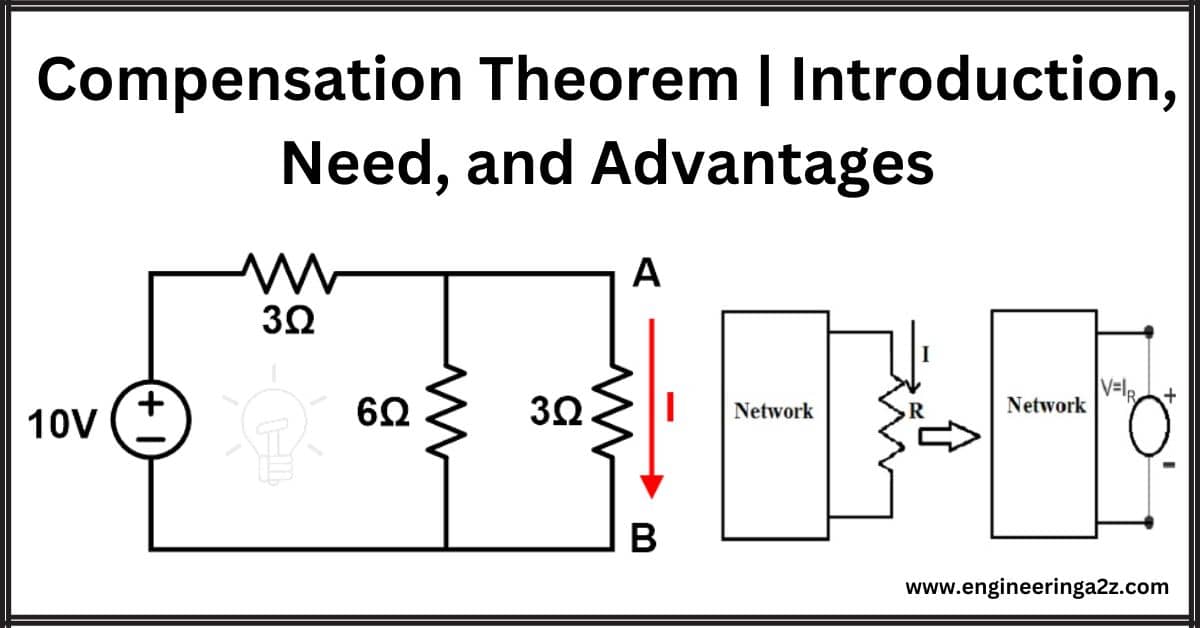
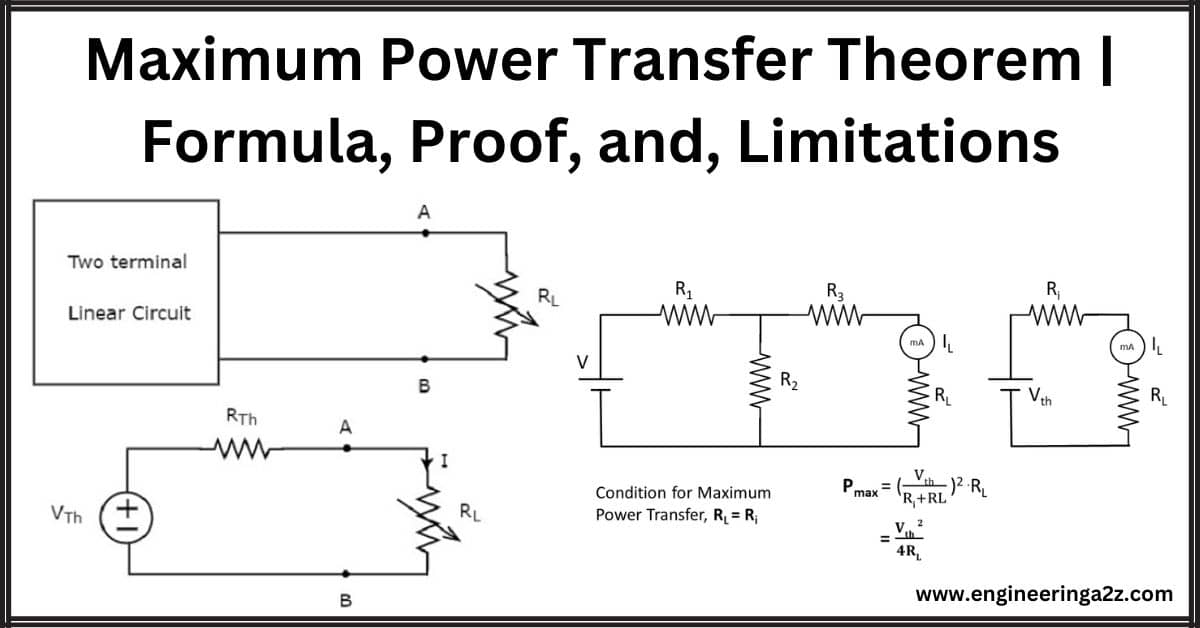
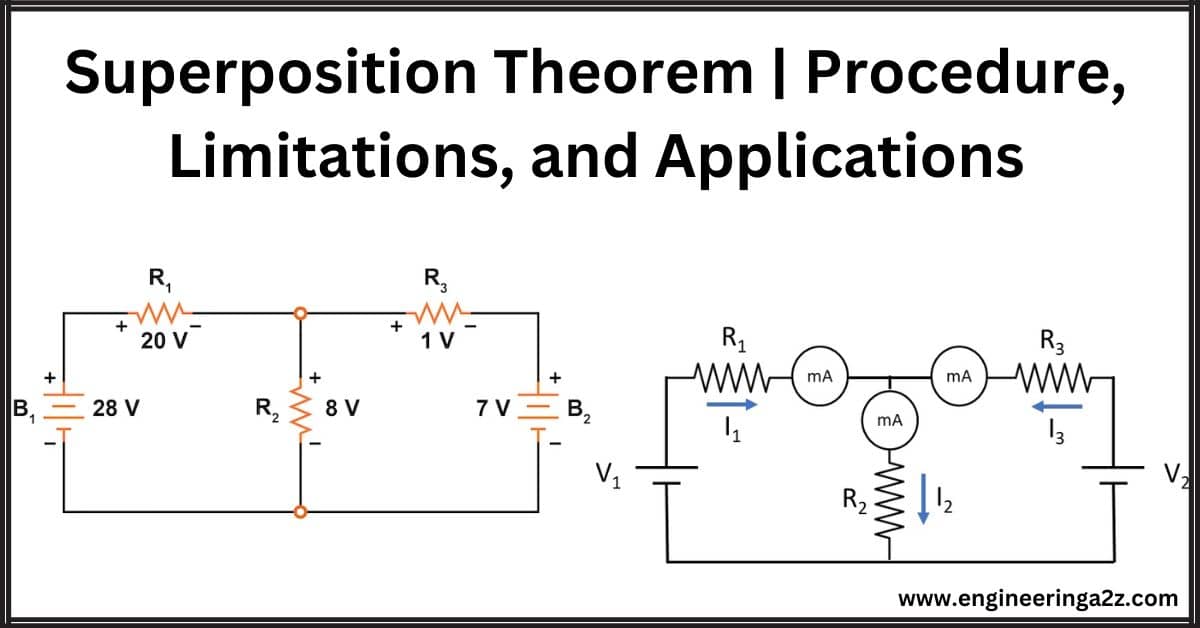
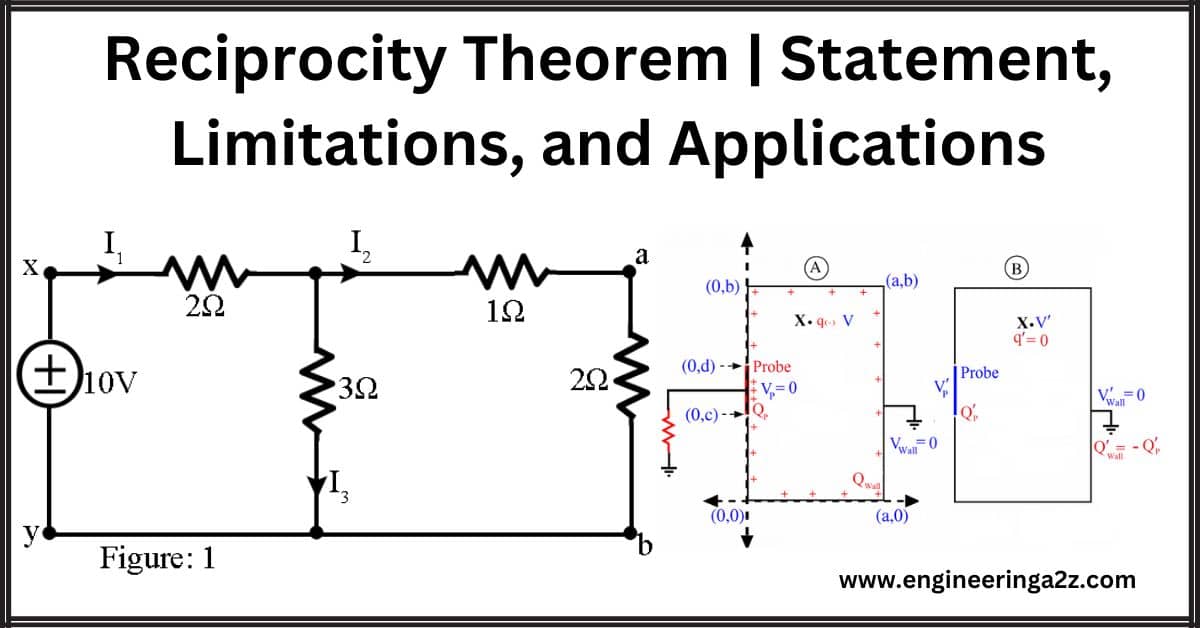
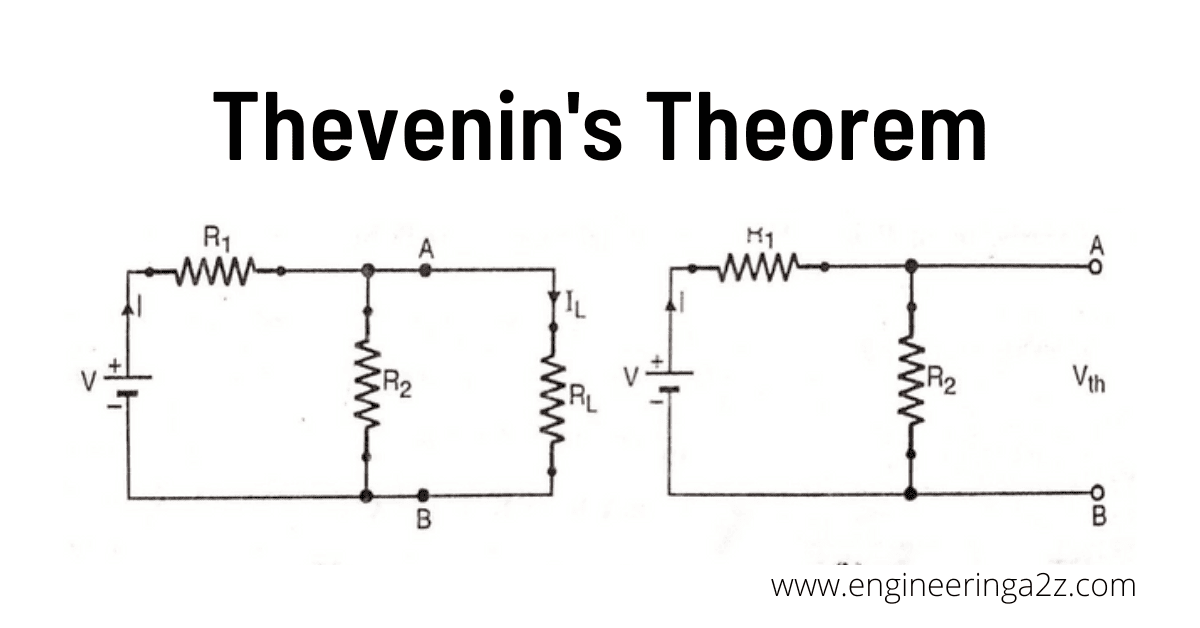
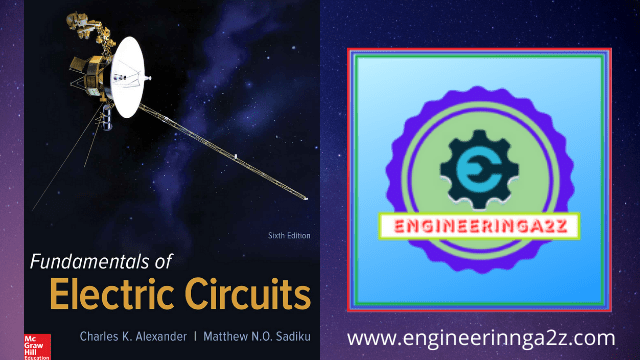











Comments